September 13, 2018 | Manufacturing Technology, Smart Manufacturing, Internet of Things, Robotics & Automation
Why Smart Manufacturing Is About More Than Just Technology

What is smart manufacturing? Essentially, smart manufacturing is the practice of making information about manufacturing processes available when and where it is needed, in the form it is needed, so that smart decisions can be made about the course of critical business operations.
Since operational and informational technologies are used to generate and circulate data, one side of smart manufacturing is the convergence of these systems so that data can be shared across a business. But the other side of the smart coin is the decision-making process—and that depends entirely on the people who run a particular manufacturing business.
This means that any manufacturer who wants to make intelligent moves toward smart manufacturing should really start the process by asking themselves: “Where do I want my business to be in three or five years?” and “How do I create a roadmap to get me there?” These questions, rather than “What technology do I need?” will keep you focused on business outcomes and will put you on the road to a truly smart manufacturing experience.
Getting Smart About Smart Manufacturing
The first step to getting smart about smart manufacturing technology is defining an end goal for your business, keeping in mind the dynamics of the marketplace. What business outcomes do you want to achieve? The answer to this question can be very basic. For example:
- I want my business to grow 15% annually
- I want my margins to increase
- I want to add to my product portfolio
From there, engage your critical thinking skills to create a plan to achieve your goals. To start, make a list of what you’re doing today that is moving you toward your goals. Maybe your goal is to increase your margins so you have instituted energy saving policies at your company to reduce overall expenses. Could smart sensors help with that effort? You bet!
Second, consider what you’re not doing today, but need to do in order to meet your goals, and research whether there is a technological solution that could help you make that transition. For example, what if you want to improve your close rate for bids by speeding up your proposal process and increasing accuracy? Smart workflows incorporating business management software (the price for which continues to become more and more accessible thanks to subscription-based sales models) can help.
Finding the Right Technologies for Your Strategic Vision
With the assistance of the MEP National Network, a unique public-private partnership that delivers comprehensive solutions to US manufacturers that fuel growth and advancement, manufacturers across the country are approaching smart manufacturing through the lenses of business planning, critical thinking and cultural evolution, rather than attempting to grapple with technological change on its own. Representatives from the MEP National Network can help demystify some of the jargon so manufacturers can focus on finding the right technologies that will help them realize their strategic vision.
Four areas where manufacturers who have partnered with Network representatives are seeing immediate smart success include:
- Real-time machine and process monitoring to minimize downtime
- Monitoring tool life to maximize quality
- Improving bidding processes to help with the supply chain squeeze
- Reducing energy costs
Manufacturers who can leverage smart manufacturing to improve these operational areas use their knowledge of their businesses to set goals and create roadmaps that give them strong criteria to evaluate the relevance of technologies to their organizations. That’s because, at the end of the day, the knowledge you and your key employees have of your business and your problem-solving skills are the most critical components to any smart manufacturing transformation.
Ready to start your smart manufacturing journey? Take this free Smart Manufacturing Assessment today!

